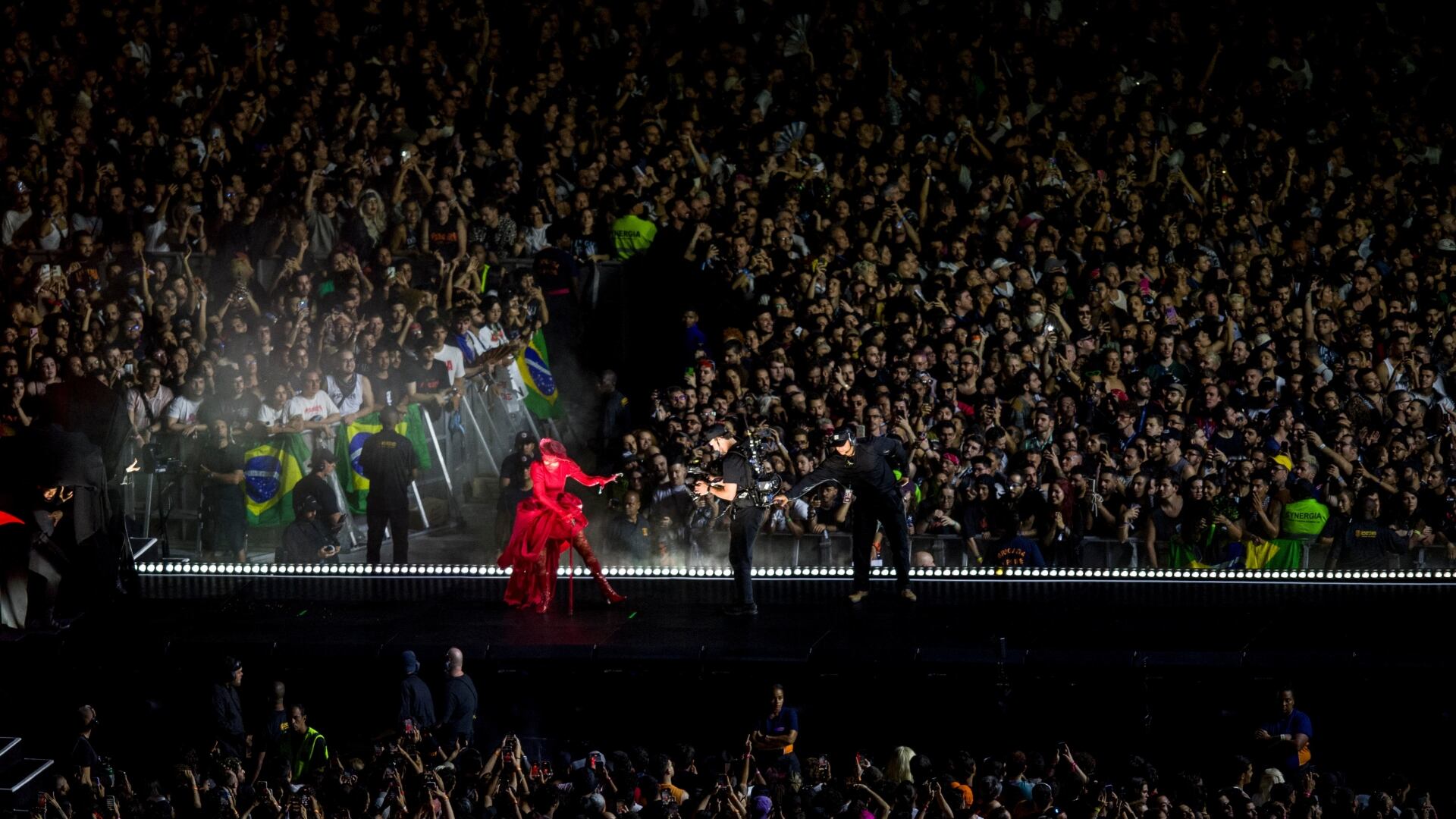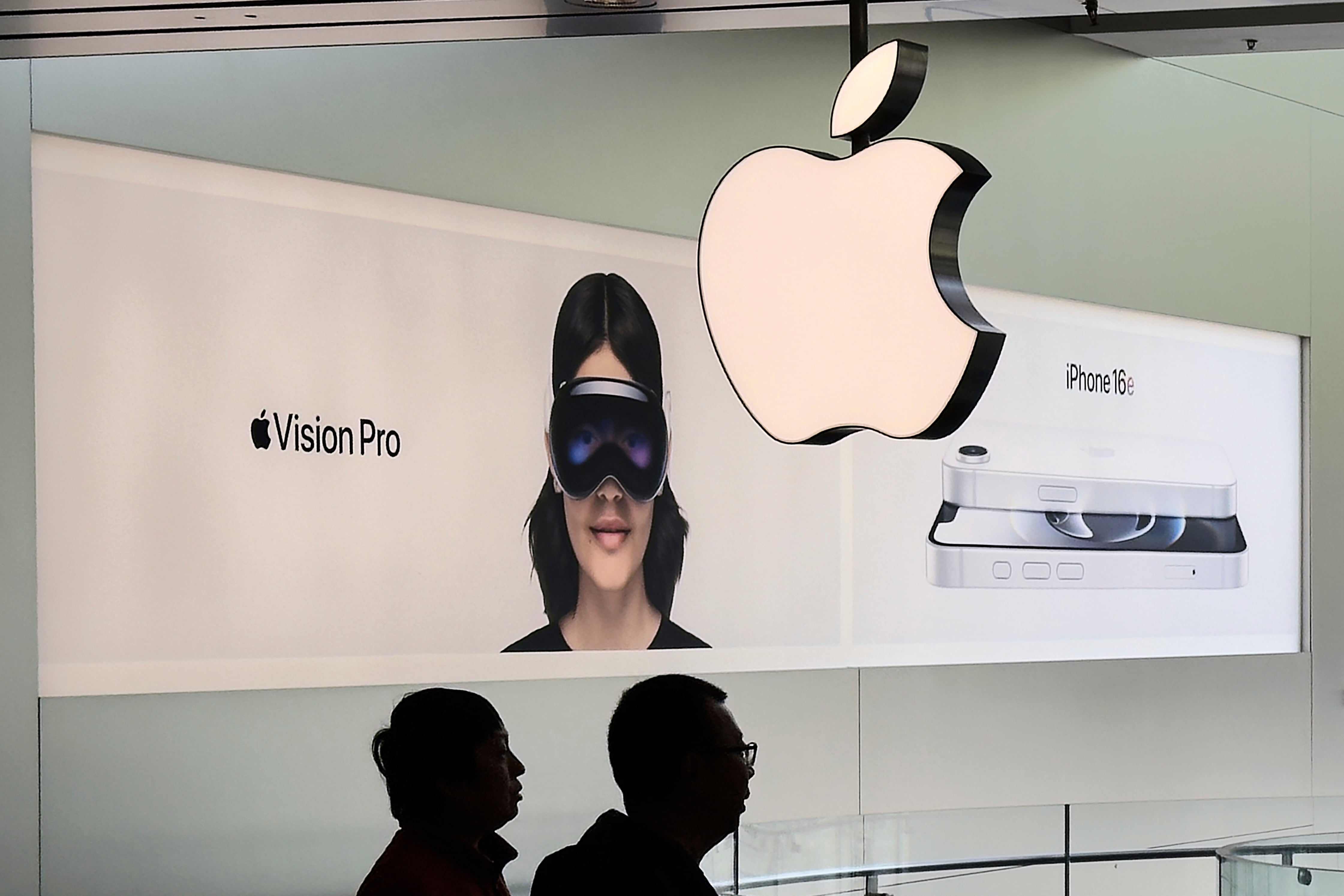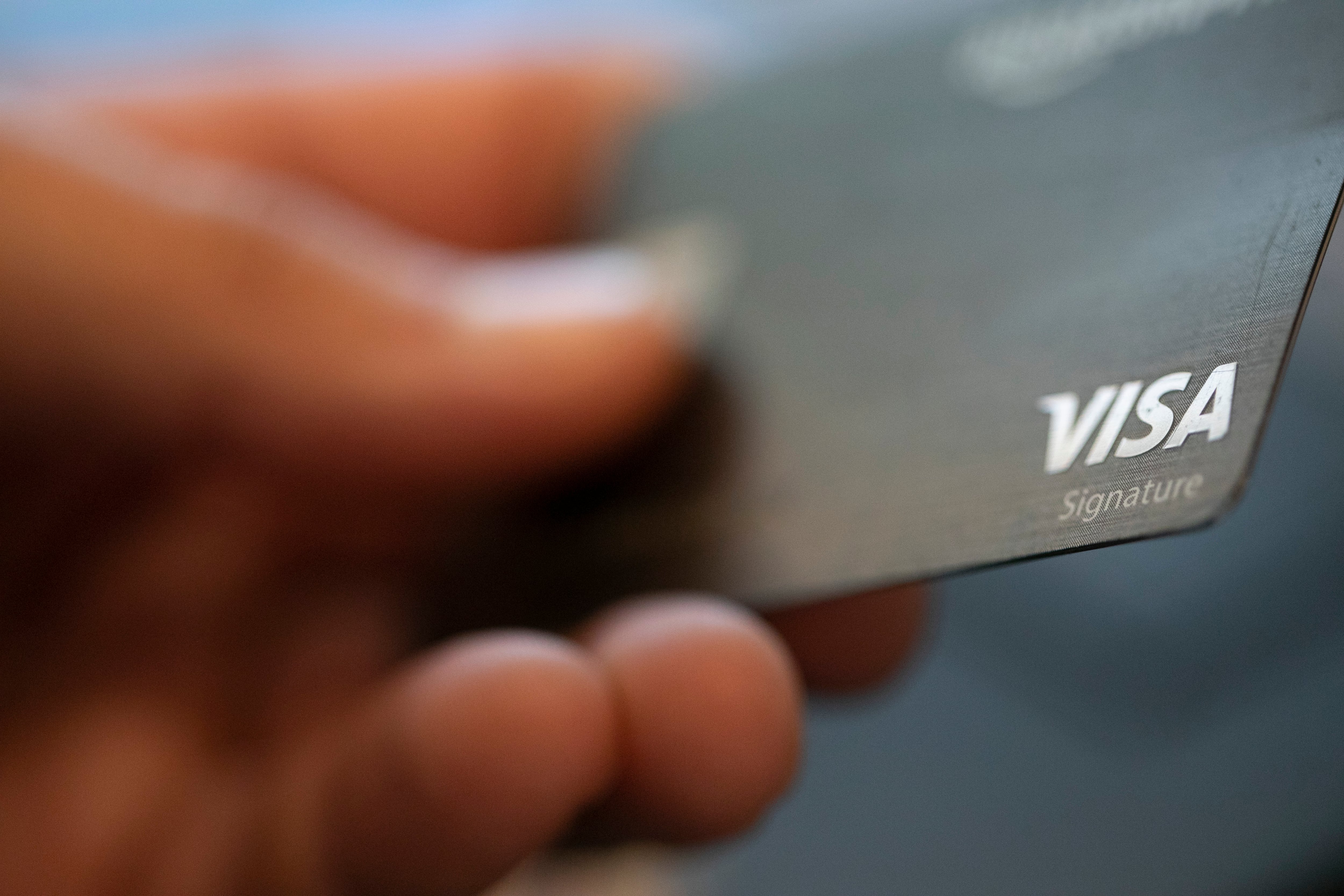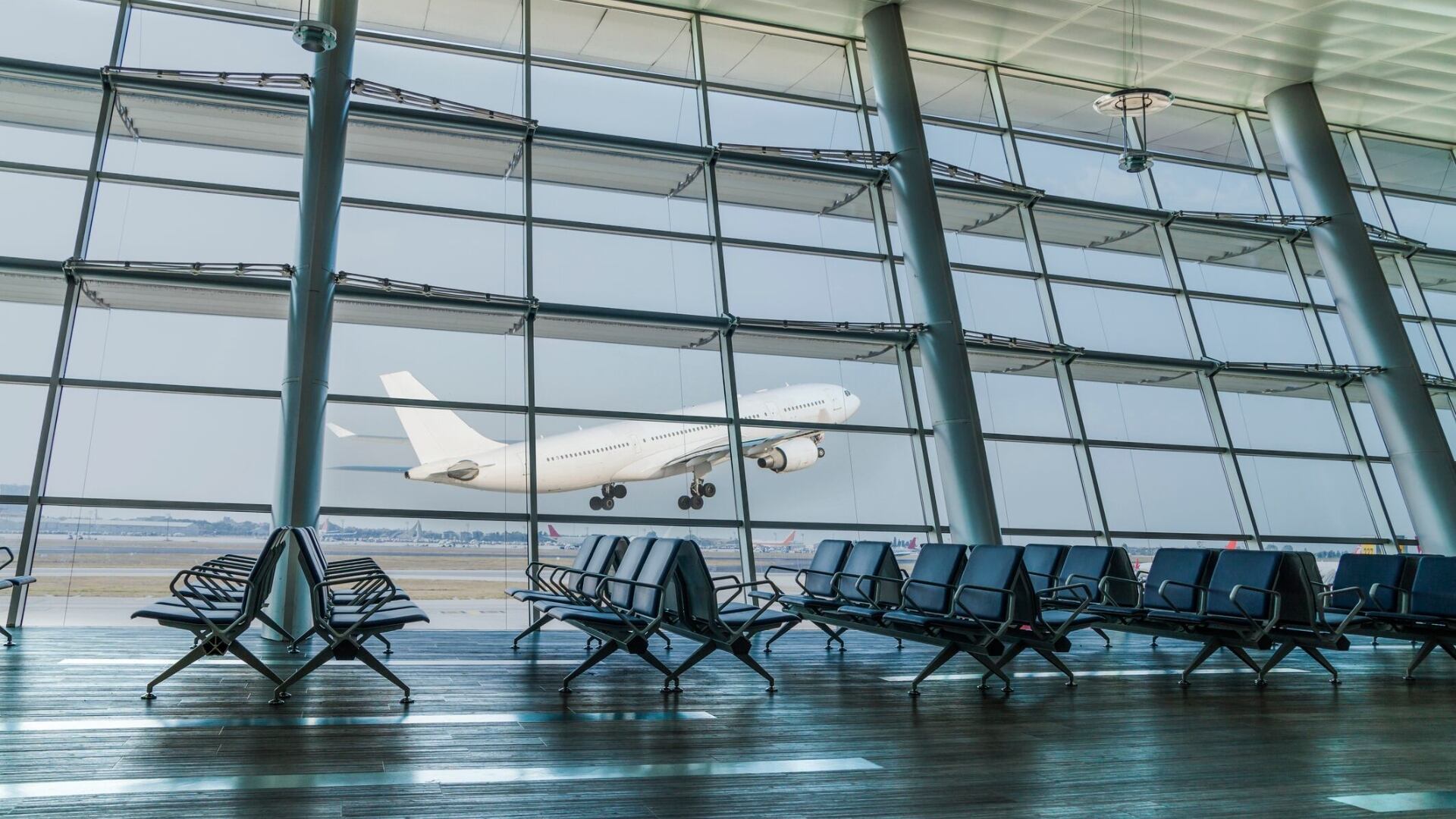A deal between Apple and Amazon to sell the technology giant's products on the e-commerce platform has come under scrutiny by federal regulators, according to media reports.
The Federal Trade Commission (FTC) is reportedly investigating the agreement for its impact on small resale suppliers that sell discounted and refurbished Apple products.
"Apple does have certain rights as a seller, but rights aren't unlimited," Joel Mitnick, an antitrust attorney and former FTC lawyer told Cheddar on Tuesday, stressing that any coordination between Apple and Amazon to undercut low-cost sellers would be illegal.
The Verge first reported the probe last week, citing a reseller who was interviewed by investigators.
"The FTC does not confirm the existence of investigations or comment on them," the agency told Cheddar.
Apple ($AAPL) and Amazon ($AMZN) first inked the deal in November last year to increase sales and limit the proliferation of fake products, or those falsely advertised as coming from Apple itself.
The issue is whether there is a "conspiracy that is really aimed at discounters," Mitnick said. "It raises the question of monopolization."
The FTC's reported inquiry comes as the government has become increasingly willing to investigate — and crack down on — major technology companies for privacy and antitrust violations.
In February, the FTC's Bureau of Competition announced the formation of a Technology Task Force that would be dedicated to monitoring and investigating competition in the U.S. technology sector.
"It makes sense for us to closely examine technology markets to ensure consumers benefit from free and fair competition," Joe Simons, the FTC's chairman, said in a statement at the time. "Our ongoing Hearings on Competition and Consumer Protection in the 21st Century are a crucial step to deepen our understanding of these markets and potential competitive issues. The Technology Task Force is the next step in that effort."












